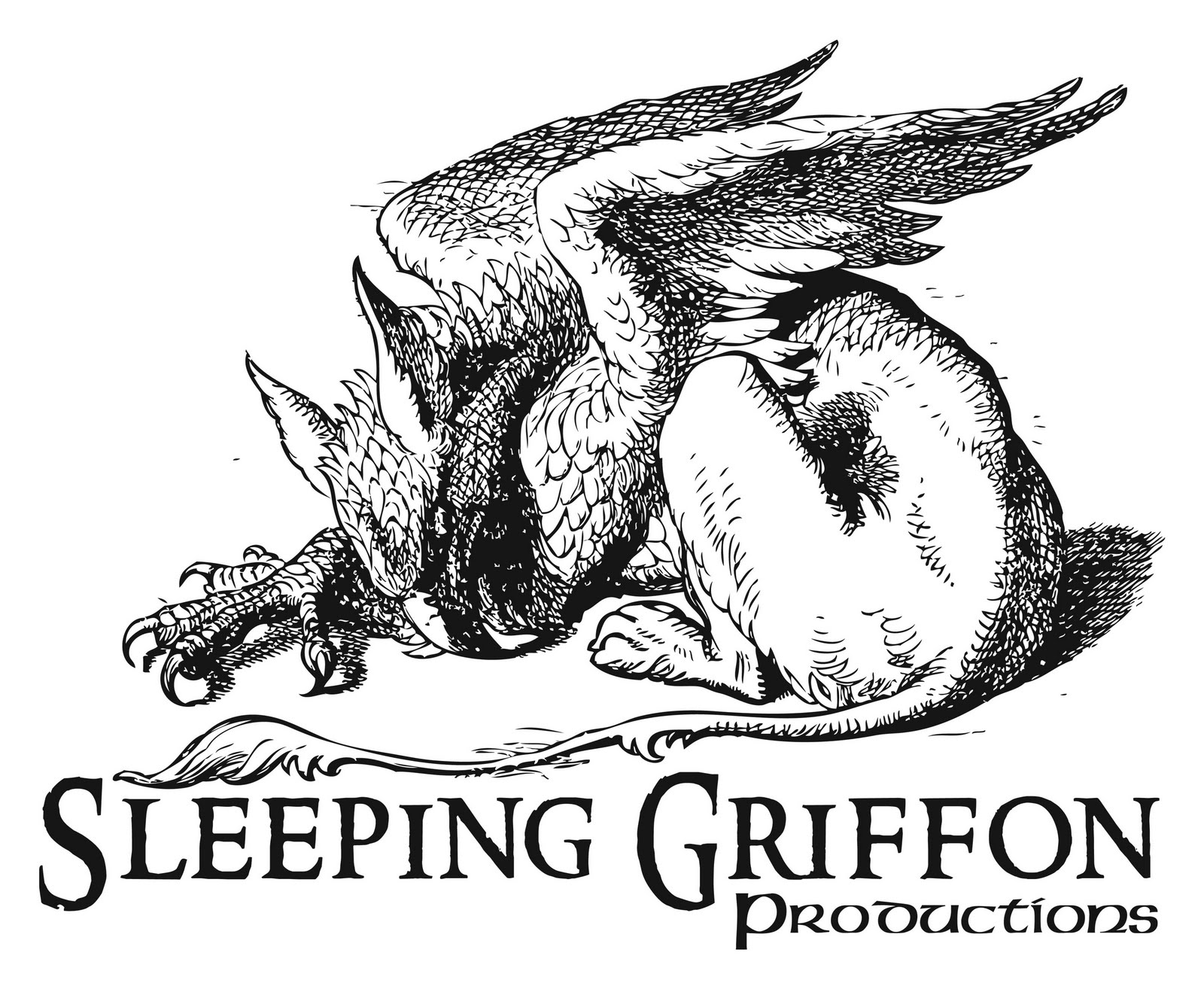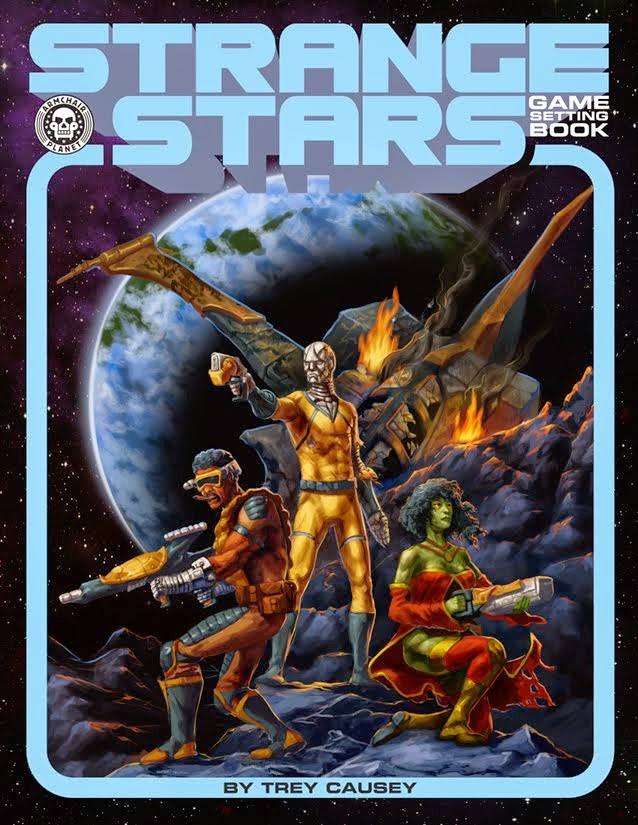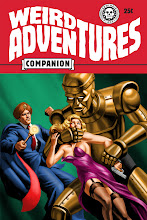Epic Illustrated #4 (Winter 1980) Story & Art by James Starlin
Synopsis: Aknaton and Vanth arrive on Delloran, a once thriving world devastated by the Zygoteans. Vanth doesn't understand why they're here instead of taking the fight to the Zygotean menace. He also hasn't heard Aknaton's plan for how they're going to defeat them.
Aknaton tells him that the Osirosians created a device called he Horn of Infinity. "When the device is activated, the threat of the Zygoteans will end." Aknaton doesn't know where the Horn is. To protect it, he gave it to an immortal, artificial being to hide, and that being will only reveal its location when a certain verse is recited to him by an Osirosian. The artificial man was ordered to await an Osirosian on Delloran.
Aknaton's mystic senses quickly located him amid the blasted ruins:
Aknaton tells Joenis he has come for the key. Joenis replies that he still has it. He has protected it for 100,000 years from pirates, demons, thieves, magicians, and Zygoteans. Many have died seeking the treasure. Through all that, Joenis has realized something:
"You know it's secret, then?" Aknaton asks.
Joenis says he does and he admits he thought about destroying the key at times. His programming was too strong, and too, after the destruction of Delloran, he came to see that Aknaton's plan was right. He gives the Osirosian the key, glad to be rid of it.
Aknaton turns to go. Vanth asks Joenis if he wants to go with them, but he declines. When the two visitors have gone, Joenis puts a gun to his head.
Vanth hears the gun fire. Aknaton tells him he saw the pistol in Joenis' bag.
Aknaton tells Vanth he prays that the Byfrexian will be half as worthy as Joenis.
Aknaton tells him that the Osirosians created a device called he Horn of Infinity. "When the device is activated, the threat of the Zygoteans will end." Aknaton doesn't know where the Horn is. To protect it, he gave it to an immortal, artificial being to hide, and that being will only reveal its location when a certain verse is recited to him by an Osirosian. The artificial man was ordered to await an Osirosian on Delloran.
Aknaton's mystic senses quickly located him amid the blasted ruins:
Aknaton tells Joenis he has come for the key. Joenis replies that he still has it. He has protected it for 100,000 years from pirates, demons, thieves, magicians, and Zygoteans. Many have died seeking the treasure. Through all that, Joenis has realized something:
"You know it's secret, then?" Aknaton asks.
Joenis says he does and he admits he thought about destroying the key at times. His programming was too strong, and too, after the destruction of Delloran, he came to see that Aknaton's plan was right. He gives the Osirosian the key, glad to be rid of it.
Aknaton turns to go. Vanth asks Joenis if he wants to go with them, but he declines. When the two visitors have gone, Joenis puts a gun to his head.
Vanth hears the gun fire. Aknaton tells him he saw the pistol in Joenis' bag.
Aknaton tells Vanth he prays that the Byfrexian will be half as worthy as Joenis.
Things to Notice:
Vanth continues to interact with Aknaton very differently than the rest of the characters. To Vanth, he's just another guy, not an object for awe, fear, or reverence.
"Joenis" is probably meant to suggest Jonas, a variant of Jonah. Jonah (Yonah) is the Biblical prophet famous for getting swallowed by a fish/whale. The name means "dove" in Hebrew. Joenis Soule is a "dove," a "peaceful soul" who kills himself rather than go along with what he knows is coming, what Aknaton is planning.
- Again we get hints at the terribleness, but necessity of Aknaton's plan.
Vanth continues to interact with Aknaton very differently than the rest of the characters. To Vanth, he's just another guy, not an object for awe, fear, or reverence.
"Joenis" is probably meant to suggest Jonas, a variant of Jonah. Jonah (Yonah) is the Biblical prophet famous for getting swallowed by a fish/whale. The name means "dove" in Hebrew. Joenis Soule is a "dove," a "peaceful soul" who kills himself rather than go along with what he knows is coming, what Aknaton is planning.












